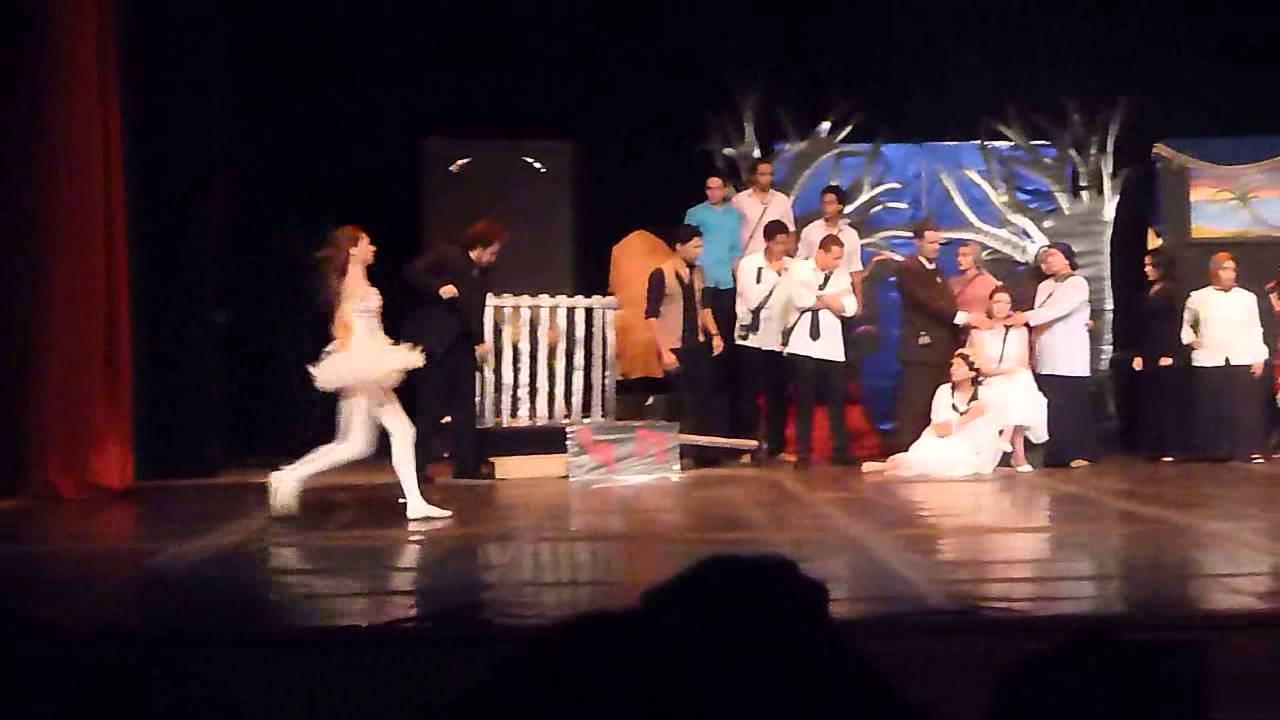
This article was last updated on April 16, 2022
Canada: ![]() Oye! Times readers Get FREE $30 to spend on Amazon, Walmart…
Oye! Times readers Get FREE $30 to spend on Amazon, Walmart…
USA: ![]() Oye! Times readers Get FREE $30 to spend on Amazon, Walmart…
Oye! Times readers Get FREE $30 to spend on Amazon, Walmart…
This year, Hoopoe Fiction re-released Latifa al-Zayyat’s classic feminist novel The Open Door, in Marilyn Booth’s compelling translation. For Women in Translation Month, ArabLit revisits the 1960 novel:

The feminist novel remains not just relevant but prescient, giving us a glimpse of a possible shared feminist future. As Ismail Fayed wrote over at Mada Masr earlier this year, “Long hailed as one of the first feminist Arab novels, Latifa al-Zayat’s Al-Bab al-Maftouh (The Open Door, 1960) remains a surprising read more than five decades after it was published.”
Fayed continues: “Due to its psychological insight, imaginative suppleness and keen awareness of its characters’ fallibility, but also because it binds the struggle of ambitious women to the fight for national independence, and equates British occupation with oppressive patriarchal norms, a potentially run-of-the-mill coming-of-age story about a frustrated young woman becomes a literary triumph.”
A review by ArabLit’s MLQ that ran on Bookwitty earlier this year looks at The Open Door’s reception in Egypt.
In its time, al-Zayyat’s literary debut was under-celebrated. This wasn’t because other writers didn’t recognize her novel’s worth. Indeed, The Open Door was put forward for a major literary prize.
In an afterword to The Open Door’s new 2017 edition, translator Marilyn Booth describes how the award nomination was “upheld by a unanimous vote of the state-appointed committee, according to al-Zayyat.” Yet The Open Door, which is set during Egypt’s anti-colonial struggles of the 1940s and 1950s, didn’t receive the award.
Critic and author ‘Abbas al-‘Aqqad (1889-1964) apparently intervened, threatening to resign his government post unless the prize was rescinded. The justification? Al-Zayyat’s “immoderate” use of colloquial Egyptian Arabic. She used non-literary language not just in the book’s dialogue, but also in interior monologues and indirect speech. This spoken language, still considered “vulgar” by a number of critics, was particularly well-suited to al-Zayyat’s project: exploring a middle-class woman’s coming-of-age, her relationships, and the possibilities of her activism.
The Open Door was belatedly given the inaugural Naguib Mahfouz Prize in 1996, just a few months after al-Zayyat died of cancer. The novel was translated into English by Booth and published by AUC Press in 2000. Now, seventeen years later, it’s been re-issued in a new paperback edition from Hoopoe Fiction.
How does The Open Door hold up?
Also from the Bookwitty review:
If a reader puts their nose right up against the glass, peering in at the lives of Cairo’s European-aspiring bourgeoisie of the 1940s and 1950s, then things have indeed changed. By and large, parents don’t arrange the marriages of their university-age daughters without their knowledge or consent. Now, we have internet dating and mobile phones. Also, the UK is no longer a central antagonist in Egypt’s struggle for justice.
Readers, too, have changed. The trope of a young woman getting bored in a cold relationship, and thus seeking sex elsewhere, is not as surprising for us as it was for readers in 1960.
Yet pull back a little, and the book’s core obsessions remain as potent in 2017 as they were in 1960. Al-Zayyat’s questions are our questions: How do we write “ordinary” women’s lives into history? How can a young person resist the interlocking cages of parental and societal expectations? Is it possible to get out from the long shadow of relationship violence? And what about patronizing, mansplaining academics?
In essence, the book asks: Is it possible to do the right thing by oneself, and one’s community, when it’s so easy to please others? If The Open Door were a play, it could certainly be re-staged in 2017 Cairo or Chicago.
The Open Door’s initial English release didn’t reach a wide audience. Instead, the Arabic book most commonly associated with Egyptian feminism is Nawal El Saadawi’s Hidden Face of Eve, a book that was, significantly, re-written for its English translation to contain less anti-imperialism and more anti-FGM. This has not aged well. Yet Al-Zayyat’s linguistic and stylistic innovations, her explorations of toxic masculinity and collective-resistance feminism, remain vivid and relatable.
We meet our protagonist, Layla, as a young girl experiencing her first menstrual cycle. As a young middle-schooler, Layla has a powerful, effervescent sense of self. When she falls in love for the first time, the boy becomes jealous and possessive. Layla knows exactly what she thinks about his anger: “No, Isam, that isn’t love. Call it anything you want, but not love.”
Yet as her relationship with Isam develops, Layla’s judgment is clouded. She loses sight of herself and is oriented instead to the values of her parents, her boyfriend Isam, Professor Ramzi, and her friend Adila. The Open Door is not an ignorance-to-knowledge coming-of-age story. Instead, Layla begins as a strong character, is ground down, and then must put herself back together again.
The novel is not only about Layla. The others of her generation are also struggling to make their way in life. Notably, her brother Mahmud wants to go fight with the resistance in Port Said. His father could be a father of any era:
“Why my son? Why precisely mine, not the children of other people?”
“What if everyone forbade his children to go and so no one went at all?”
“And your studies?”
“They can wait.”
“Of course—what do you care? Your father works to the bone and sweats and perseveres so that your Excellency can become a full human being.”
The review ends with a pitch for reading The Open Door in 2017:
In 2017, The Open Door still makes a thrilling romantic read about finding a feminist lover in an anti-feminist world, while also asking: How does one find the rediscover one’s authentic childhood self as an adult? And how, in this world of injustices, does one productively resist?
An excerpt
Hoopoe Fiction has an excerpt from the novel on their website. From the opening of the book, where Layla is going to show them all:
“So what do you have to say now about that beating you got?” Mahmud kicked Isam and let the necklace drop to the floor. His sister knelt hastily to retrieve it; as her head bobbed up, level with Mahmud’s, she paused in mid-movement, her eyes flashing as if an extraordinary thought had just popped into her head. “Me, too! When I get bigger I’ll show those Englishmen! I’ll carry a gun, I really will, and I’ll shoot them all. When I grow up.”
“Could there be any doubt?” laughed Isam, as Layla rose to her full height quickly and wheeled around to go out, with the measured bounce of the demonstrators, waving her right hand up and down, intoning, “Weapons, weapons, we want weapons. Weapons, wea–” She stopped dead, her arm dropped to her side and the words stalled on her lips. Her father was entering the room.
A classic film
The novel was adapted into a popular 1964 film by Henry Barakat starring megastar Faten Hamama, as well as to theatre, including a 2012 staging at Egypt’s Bibliotheca Alexandrina.
You can also watch the classic film version online — and show it to students:
Click HERE to read more.
Vote for Shikha Dhingra For Mrs South Asia Canada 2017 by liking her Facebook page.
You can publish this article on your website as long as you provide a link back to this page.


Be the first to comment